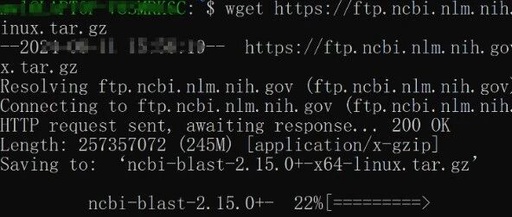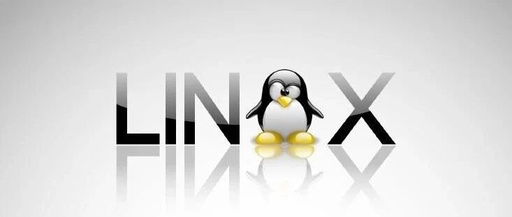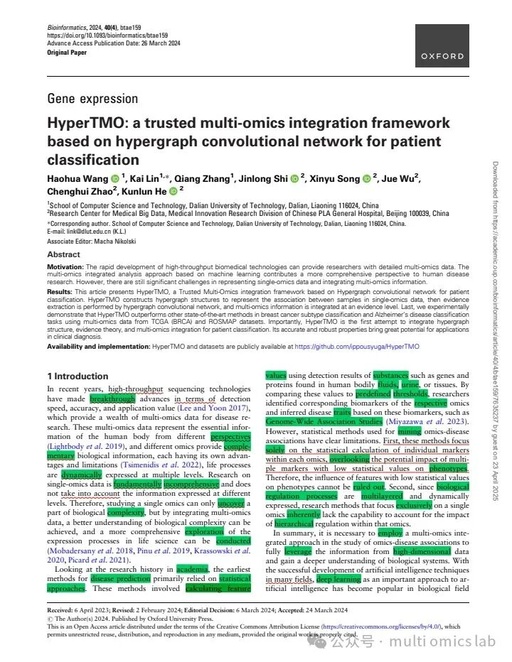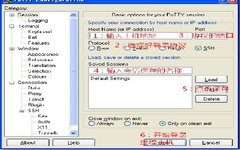Installation of BLAST on Linux Operating System
1. Introduction to BLASTBLAST (Basic Local Alignment Search Tool) is a bioinformatics tool provided by NCBI (National Center for Biotechnology Information) for comparing gene or protein sequences. Below are the complete steps for installing and using BLAST on a Linux system.2. Installation of BLAST01 Download the BLAST installation package wget https://ftp.ncbi.nlm.nih.gov/blast/executables/blast+/LATEST/ncbi-blast-2.15.0+-x64-linux.tar.gz02 Extract the downloaded installation … Read more









